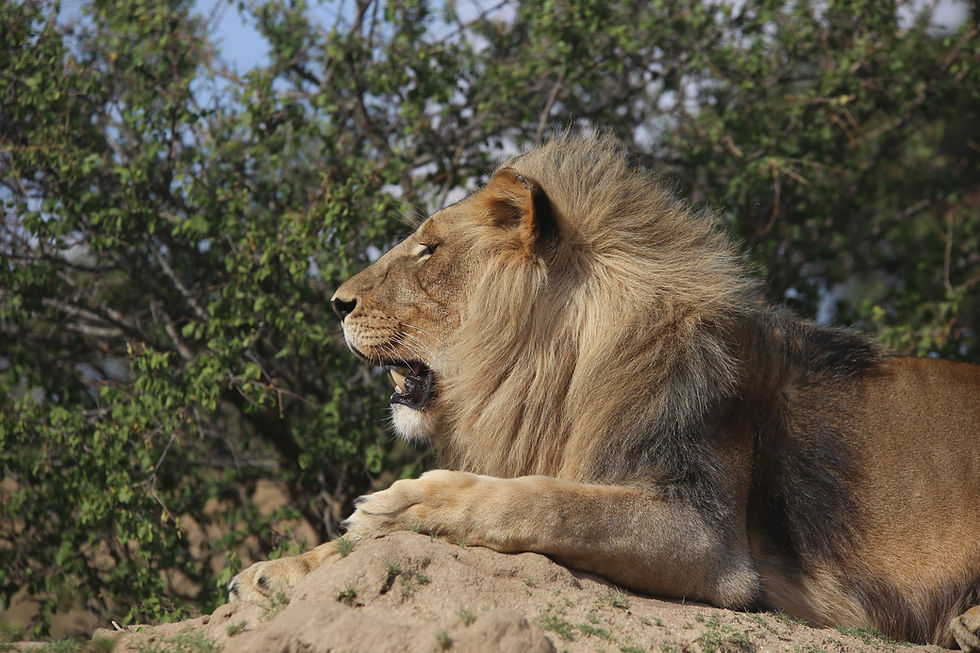National Wildlife Parks in Zimbabwe
- Tip Toe

- Mar 24, 2021
- 2 min read

The Covid-19 pandemic has had a huge and very damaging impact on ability to continue anti poaching and conservation operations across Africa. National Parks, Game Reserves, Wildlife corridors and other Protected Areas have really suffered during Covid-19 'lock downs'. All aspects of conservation activities have been affected; monitoring of the international wildlife trade, gathering of security intelligence, conduct of investigations, maintenance of Ranger teams, anti poaching patrols, the ability to protect communities from human / wildlife conflicts and crop damage.
Covid-19 'lock downs' and travel restrictions have driven plummeting tourism revenues. Pressures on the finances of traditional donor countries at home have led to a drastic reduction in aid funding and in some cases this has completely 'dried up'. Charities are struggling to secure funding for wildlife conservation projects across Africa. In Zimbabwe, the on going national economic crisis is creating a perfect storm of acute funding shortages.
Local communities within and adjacent to these protected areas, many of whom rely on livelihoods directly linked to tourism and wildlife conservation activities, have little or no access to medical care; they are now seeing Covid-19 case numbers rise. As community livelihoods collapse, critical wildlife may be lost to poaching and hunting for bushmeat. If action is not taken now there is a risk that all the progress made in wildlife and eco system conservation, that has been so hard won over decades, will stall or be reversed. This just cannot be allowed to happen.
Tip Toe will work with Foundation Five (F5) to raise funds for the restoration, rehabilitation and management of some of the most needy National Parks in Zimbabwe. Removal of snares and traps, rebuilding and renovation of key infrastructure, recruiting, equipping and training Rangers, are all part of the initial area stabilisation process and getting poaching under control. Developing resilience in the communities and changing attitudes so they learn to value and protect the wildlife is the key to program longevity.




Comments